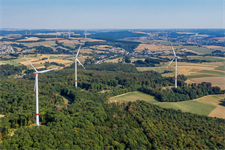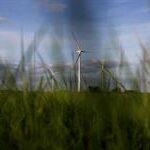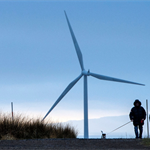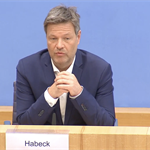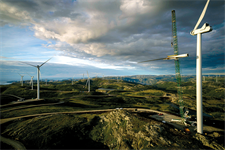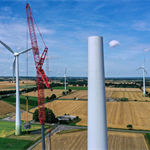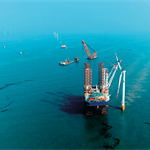Onshore wind permitting slows in Germany in Q1
Energy Disrupter
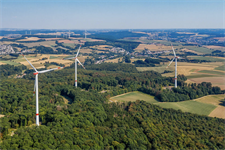
Germany awarded fewer permits to less onshore wind capacity in the first quarter of 2022 than it did in the previous year, according to new data.
The country approved 204 wind turbines with a combined capacity of nearly 1,048MW between 1 January and 31 March, according to federal network agency Bundesnetzagentur.
These new approvals represent a 13.6% decrease, year-on-year, for the number of wind turbines (236), and a 8.2% slide for capacity (1,141MW( compared to the first quarter of 2021.
The German wind energy association (BWE) noted that progress was especially slow in the south of the country: just nine plants were approved in Baden-Württemberg, four in Rhineland-Palatinate, three in Bavaria, two in Saxony and none in Saarland.
Complex approval procedures, red tape and delays in awarding permits mean that a lack of consented projects has repeatedly led to German tenders being undersubscribed.
The German federal cabinet last week adopted the so-called Easter Package, which set new, elevated targets for onshore and offshore wind, and promised larger tender volumes and streamlined permitting processes. Meeting these targets and fulfilling these auction volumes will require accelerated permitting approvals, the BWE explained.
This summer, the German government is also due to map out 2% of German land that would be eligible for onshore wind development.
BWE president Hermann Albers added: “The strong increase in the tender volume and the high electricity volume targets must be backed by sufficient approvals.
“The upward trend that we have experienced since last year is clearly losing pace in the first quarter of 2022.”
Albers said that, currently, there are not enough permitted projects to ensure tenders from 2024 onwards are fully subscribed.

